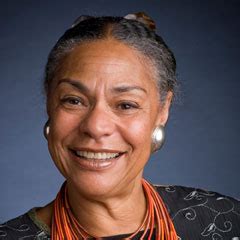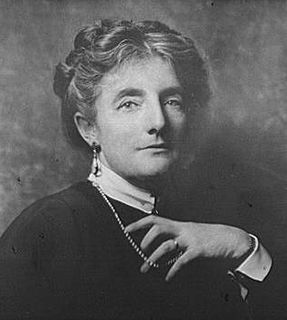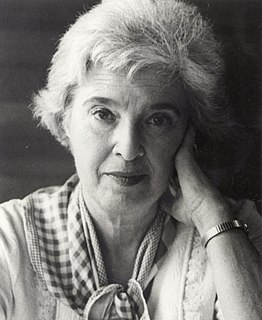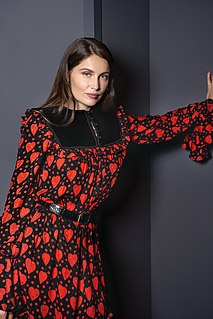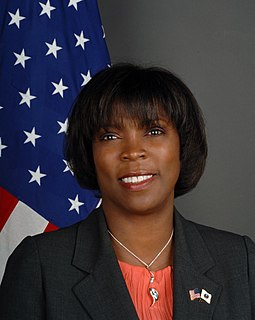A Quote by Sara Lawrence-Lightfoot
Whether outside work is done by choice or not, whether women seek their identity through work, whether women are searching for pleasure or survival through work, the integration of motherhood and the world of work is a source of ambivalence, struggle, and conflict for the great majority of women.
Related Quotes
Women have to make a living. We don't live in a wealthy world where we even have a choice. We're losing our choice of whether or not we need to work. If we want to work, we obviously should work and have that choice, but a lot of women can't even get to the word "want." They need to work. And it's great to see women who needed to work and found a way to become a firefighter or a steel worker. That, to me, is very exciting.
Feminism insists on women's right to make choices - about whether to marry, whether to have children, whether to combine work and family or to focus on one over the other. It also urges men and women to share the joys and burdens of family life and calls on society to place a higher priority on supporting caregiving work.
Some women work while they are pregnant, but not me. That was a choice I had made. That's when I took a break. Men can work at whatever stage they are; whether they turn daddy, they still have their own thing. But women can't afford that because by being mothers, they have to be there for their kids.
. . . black women . . . are trained from childhood to become workers, and expect to be financially self-supporting for most of their lives. They know they will have to work, whether they are married or single; work to them, unlike to white women, is not a liberating goal, but rather an imposed lifelong necessity.
This work of connecting our light to the world does not need to be done through a mass movement, or by millions of people. . . .The real work is always done by a small number of individuals. What matters is the level of participation: whether we dare to make a real commitment to the work of the soul.
Women are more than 50% of almost every country in the world. Countries rob themselves of the resources of women if they keep them as property. It isn't that women can't find work. It's just that women don't get paid for their work and are not recognized properly. It's something that has to be on the international agenda all the time.
The majority of small-holder farmers in Africa are women and, in urban areas, you're primarily looking at women-led households. So we can't solve hunger if we don't have gender-sensitive programming that addresses access to opportunities for women, whether it's through education or tools for cooking, like solar-powered stoves.
Women are the majority of immigrants yet the minority of immigrant employment visas; immigrant and native born women who work in the service arena - such as domestic workers - are not valued for their work, making pennies on the dollar compared to male counterparts; and, women are disproportionately affected by family reunification policies.
